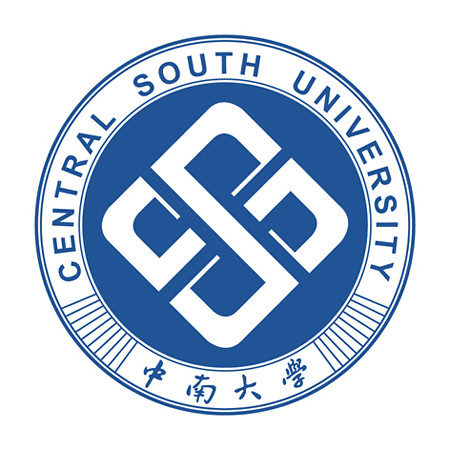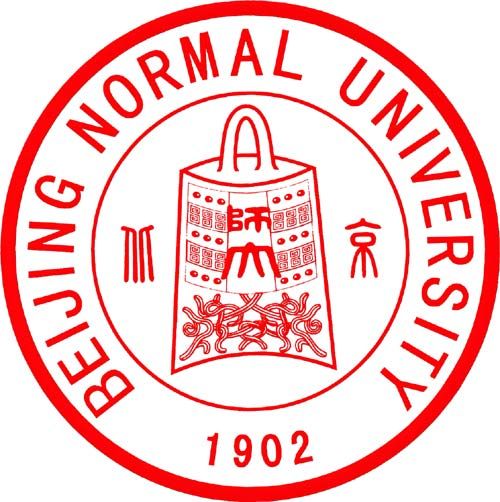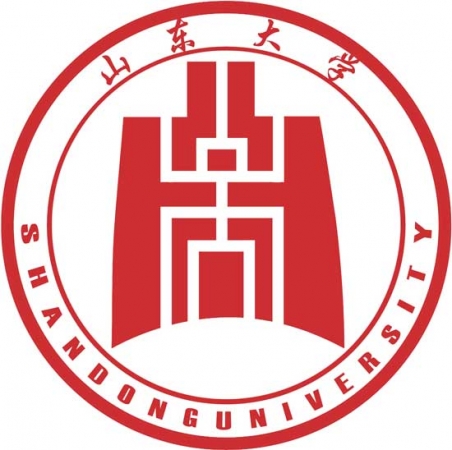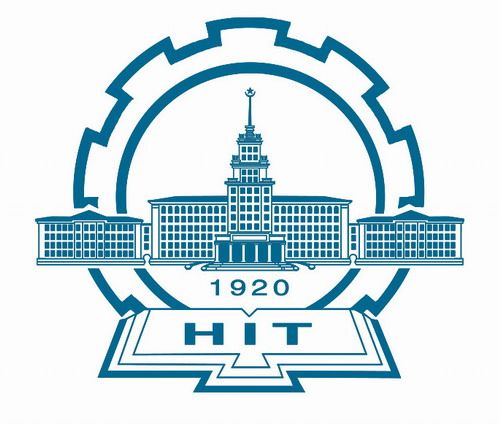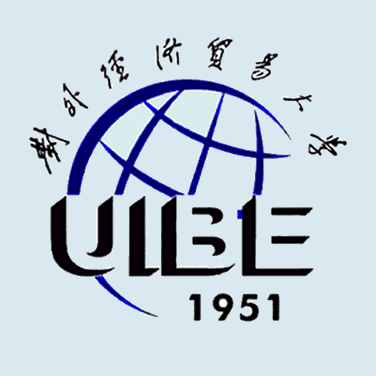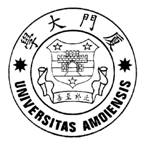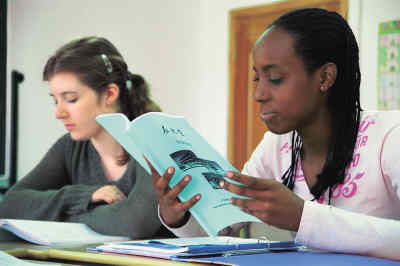- Home
- University
- Primary&Secondary
- Language School
- Interest Schools
- Education News
- Policy&Laws
- Education Outlook
- Recommendation
University
 more
moreChina History
Republican China: II
Consolidation under the GuomindangThe decade of 1928-37 was one of consolidation and accomplishment by the Guomindang (). Some of the harsh aspects of foreign concessions and privileges in China were moderated through diplomacy. The government acted energetically to modernize the legal and penal systems, stabilize prices, amortize debts, reform the banking and currency systems, build
Republican China: III
Anti-Japanese WarFew Chinese had any illusions about Japanese designs on China. Hungry for raw materials and pressed by a growing population, Japan initiated the seizure of Manchuria in September 1931 and established ex-Qing emperor Puyi () as head of the puppet regime of Manchukuo () in 1932. The loss of Manchuria, and its vast potential for industrial development and war industries,
The People's Republic Of China
On October 1, 1949, the People's Republic of China was formally established, with its national capital at Beijing. "The Chinese people have stood up!" declared Mao as he announced the creation of a "people's democratic dictatorship." The people were defined as a coalition of four social classes: the workers, the peasants, the petite bourgeoisie, and the national-capitalists. The four classes
The People's Republic Of China: II
The Great Leap Forward, 1958-60The antirightist drive was followed by a militant approach toward economic development. In 1958 the CCP launched the Great Leap Forward () campaign under the new "General Line for Socialist Construction." The Great Leap Forward was aimed at accomplishing the economic and technical development of the country at a vastly faster pace and with greater results.
The People's Republic Of China: III
The Cultural Revolution Decade, 1966-76In the early 1960s, Mao was on the political sidelines and in semiseclusion. By 1962, however, he began an offensive to purify the party, having grown increasingly uneasy about what he believed were the creeping "capitalist" and antisocialist tendencies in the country. As a hardened veteran revolutionary who had overcome the severest adversities,
The People's Republic Of China: IV
The Post-Mao Period, 1976-78The jubilation following the incarceration of the Gang of Four and the popularity of the new ruling triumvirate (Hua Guofeng , Ye Jianying , and Li Xiannian , a temporary alliance of necessity) were succeeded by calls for the restoration to power of Deng Xiaoping ()and the elimination of leftist influence throughout the political system. By July 1977, at no
The People's Republic Of China: IV
The Post-Mao Period, 1976-78The jubilation following the incarceration of the Gang of Four and the popularity of the new ruling triumvirate (Hua Guofeng , Ye Jianying , and Li Xiannian , a temporary alliance of necessity) were succeeded by calls for the restoration to power of Deng Xiaoping ()and the elimination of leftist influence throughout the political system. By July 1977, at no
The People's Republic Of China: V
Reforms, 1980-88Note: The following section is actually the introduction of the Army Area Handbook, but it contains a lot of information about China in the 80's, so I have placed it here. Reform - dubbed China's "Second Revolution"--was one of the most common terms in China's political vocabulary in the 1980s. Reform of the Chinese Communist Party and its political activities, reform
References for History of China
Chinese history is a vast field of intellectual inquiry. Advances in archaeology and documentary research constantly produce new results and numerous new publications. An excellent and concise survey of the entire course of Chinese history up to the 1970s is China: Tradition and Transformation by John K. Fairbank and Edwin O. Reischauer. For a more in-depth review of modern Chinese history
The Ancient Dynasties
Chinese civilization, as described in mythology, begins with Pangu (), the creator of the universe, and a succession of legendary sage-emperors and culture heroes (among them are Huang Di , Yao, and Shun) who taught the ancient Chinese to communicate and to find sustenance, clothing, and shelter. The first prehistoric dynasty is said to be Xia (), from about the twenty-first to the sixteenth
Provinces Site
 more
more









